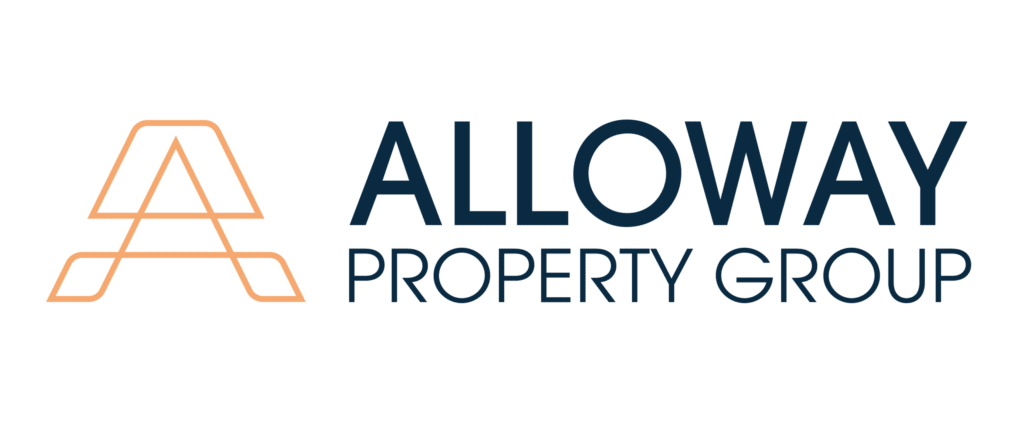On June 23, 2022, the Canadian House of Commons announced a temporary foreign buyer ban aimed at reducing foreign ownership and speculation in Canada’s housing market. Initially effective from January 1, 2023, this ban was set to run for two years. However, as of February 4, 2024, the government has extended the ban for an additional two years, meaning it will now remain in effect until January 1, 2027. This extension reflects ongoing concerns about housing affordability and aims to ensure that homes remain available for Canadian citizens and permanent residents.
On This Page
Bill C-19: More Than the Buyer Ban
The Foreign Buyer Ban is part of Bill C-19, which includes several Acts. The “Prohibition on the Purchase of Residential Property by Non-Canadians Act” is one of these, targeting foreign ownership of residential properties as a measure to curb speculative investment and maintain housing affordability.
Who Does the Ban Apply To?
The ban applies to anyone not considered a Canadian citizen or permanent resident under the Citizenship Act. The prohibition includes non-Canadian individuals as well as foreign entities such as corporations and partnerships. Canadian corporations controlled by foreign entities also fall under the ban.
The scope of the ban is limited to residential properties of up to three units, excluding recreational properties (like cottages) and multiplexes with four or more units. Notably, the 2023 amendments to the Act now allow non-Canadians to purchase vacant land zoned for residential or mixed-use purposes, permitting flexibility for future development.
Exceptions to the Foreign Buyer Ban
Several groups remain exempt from the ban, including:
- International students: Those who have spent most of the past five years in Canada and are restricted to purchasing property valued at no more than $500,000.
- Work permit holders: Previously required to have three years of tax returns, work permit holders can now buy residential properties if they have at least 183 days remaining on their permit at the time of purchase.
- Diplomats and consular staff.
- Temporary residents with refugee status.
Penalties for Violating the Ban
Those who contravene the Act or assist in its violation face fines of up to $10,000. In addition, courts can order the sale of any residential property purchased unlawfully by non-Canadians, ensuring the property returns to the market at no more than the original purchase price.
Impact on the Canadian Housing Market
Despite these restrictions, it’s unclear whether the ban alone will significantly affect housing prices or inventory. In 2023, foreign ownership was estimated to account for around 4% of properties in Canada. While this represents a small fraction of the market, rising interest rates and inflation continue to pose larger challenges to housing affordability. Moreover, recent reports suggest that while the ban has reduced some speculative investments, overall housing prices in Canada have seen modest increases.
The ban, now extended to 2027, is part of a broader strategy to tackle the housing crisis. Other initiatives, such as the Housing Accelerator Fund and the elimination of the GST on new rental housing, are aimed at boosting supply and alleviating the affordability issue across Canada
